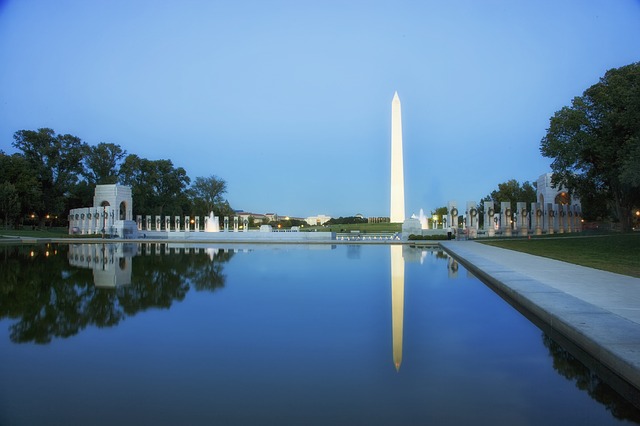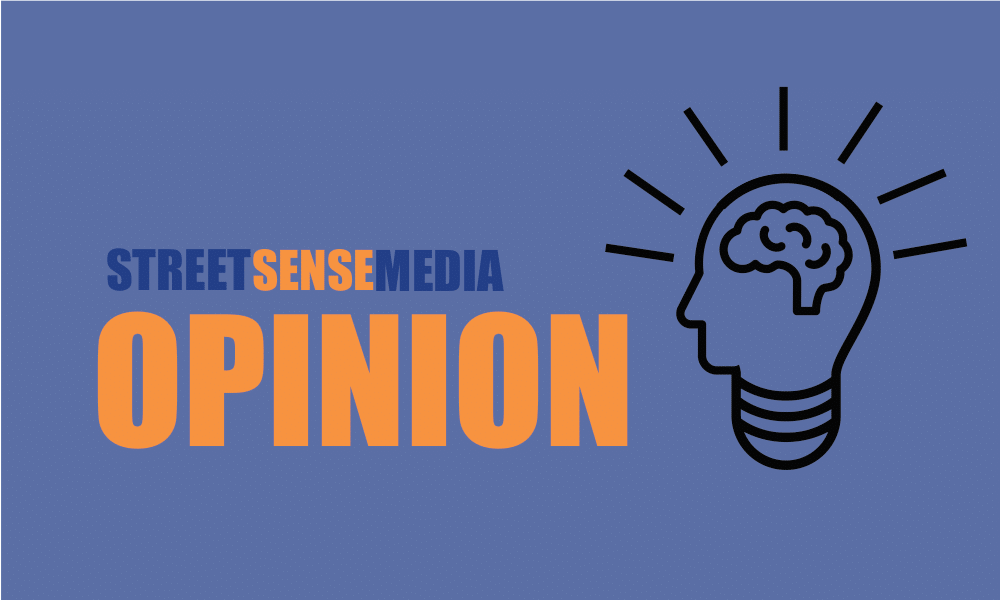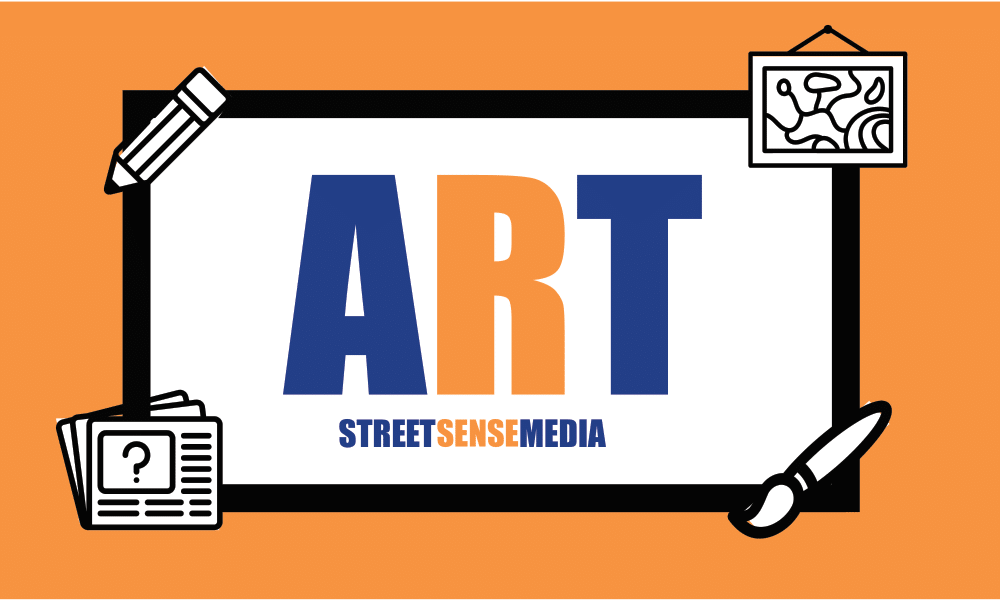I’m a life-long D.C. resident who remembers when we marched down Pennsylvania Avenue to the monument grounds in the freezing rain, saying to the world that we wanted a holiday to celebrate Dr. Martin Luther King, Jr.’s birthday.
I remember looking up and seeing in all the windows along Pennsylvania Avenue the white faces looking down on us. We shut down the city for most of the day. Most Black folk in the city took a day off work to celebrate Dr. King’s birthday. I don’t know how many people may have lost their jobs that day, but we came together and stood up for what we felt to be a just and right idea, to have a national holiday for America’s great civil rights leader, killed fighting for justice in 1968. The year was 1983, and some people would say that a few years earlier was when the plan began to remove Black folks from Washington, D.C. Then, a few years later, President Ronald Reagan signed legislation making Dr. King’s birthday a national holiday.
In those years, we were at the height of being “Chocolate City.” Some people say that the CIA sponsored a cocaine-crack epidemic plan, bringing down whole communities of color across the city and the nation. The NRA and gun sales in the ‘90s were turning D.C. into the murder capital of the world. New laws and more jail time for Black men brought us broken families with housing needs.
There was no money for new startup businesses for Black people to help grow and build up their communities. But there was a New Community Initiative that uprooted and displaced whole communities with no real right of return and no real help of raising a family out of poverty. The reasoning the government and the powers-that-be used to uproot these families was that we can no longer have areas of concentrated poverty. But they never answered the question of “How did poverty get concentrated in the first place?”
Instead they brought in more upwardly mobile people and built for their needs with not too much thought about people who couldn’t afford to stay or homeless families living on the streets and in shelters—and lifelong residents who were living and dying, hopeless on the streets.
I have seen my city go through a lot of changes over the years, not all of them bad for the city. In some respects I think capitalism and its impact on long-term residents — left out of business opportunities and “gentrified” out of some parts of the city — has been hard and stressful for many residents who were born here in Washington, D.C. So, like in the early ‘80s, we must come together and stand up for justice, equality, and universal housing rights. We are the first human rights city in the nation and that should mean something to our elected officials and the business- and service-oriented community.
Robert Warren is an artist and vendor with Street Sense Media.








